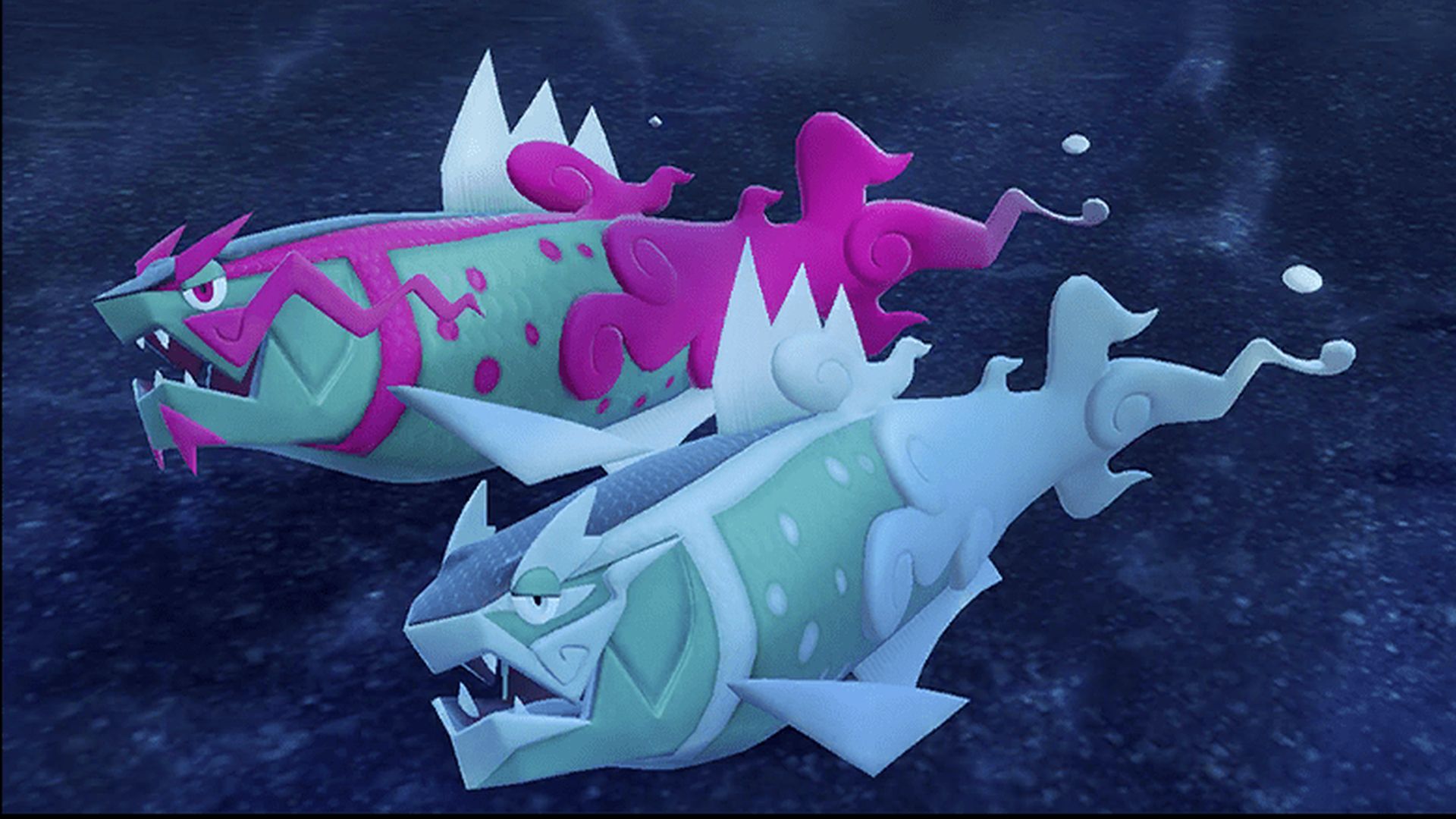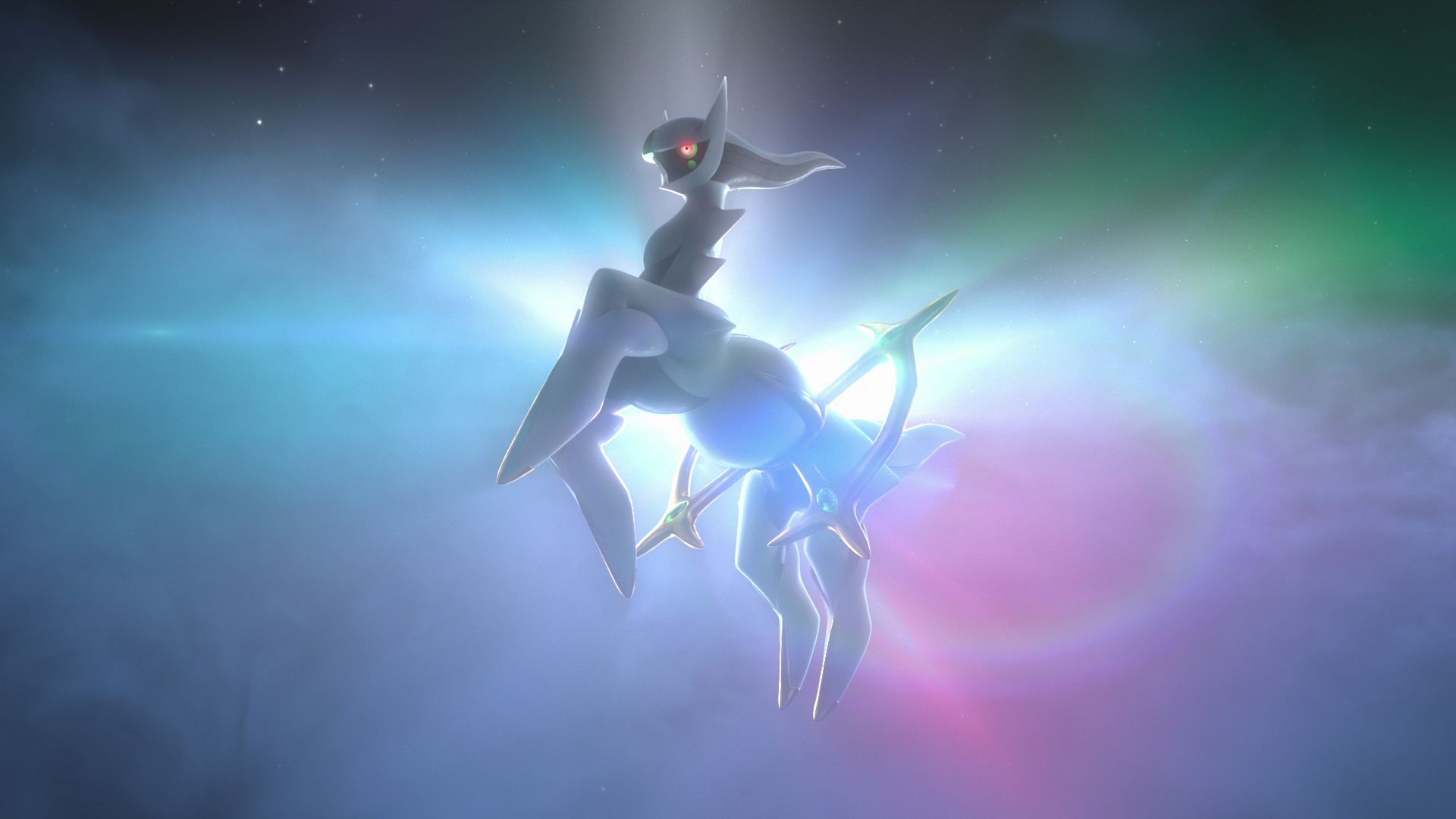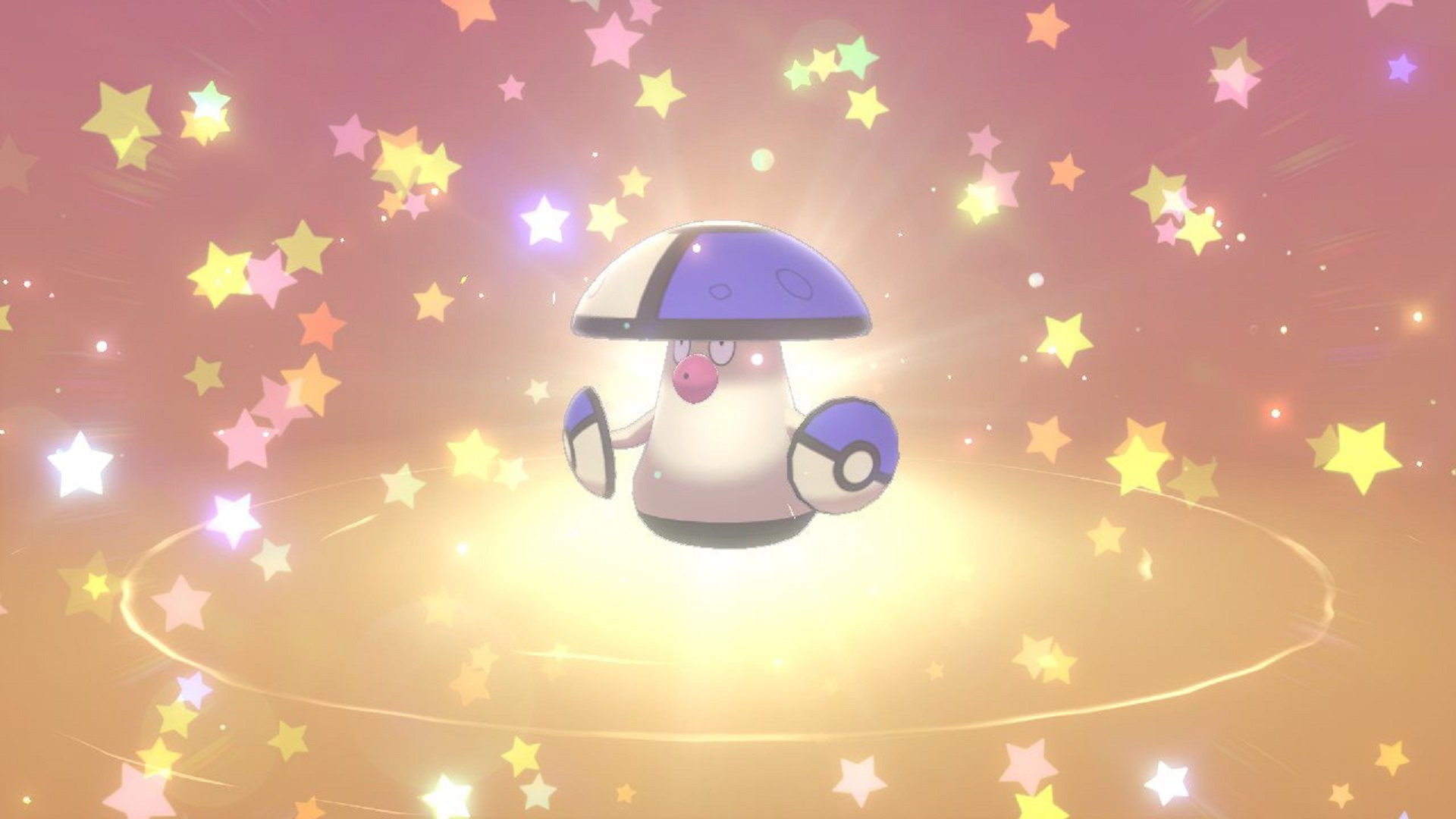
A number of competitive Pokemon players have spoken out in response to last-minute changes that saw them disqualified from this year's World Championships.
Back in August, the Pokemon World Championships were held in Yokohama, Japan. As the tournament progressed through its first day, however, several players revealed that they had been pulled out of their games and disqualified from the tournament. It sparked a substantial debate in the community at the time, and now several of the players who fell foul of the new rules have explained exactly what happened, largely in a new video with YouTuber Pokemon Challenges.
In the weeks leading up to the tournament, The Pokemon Company made two substantial changes to the game's competitive scene. The first was a change in ruleset, with the arrival of Pokemon Home opening the floodgates for dozens of new Pokemon - several of them competitively viable - to enter the competitive scene. With a shift in the meta that sizeable, players would have limited time to craft their new teams ahead of the competition.
The second was a tweak to the hack checks that have been part of competitive Pokemon for some time. The Pokemon Company warned players that it had changed the tools it used to determine a Pokemon's legitimacy ahead of the event, stating that "we strongly recommend you do not use Pokemon provided to you by other people as some indicators that a Pokemon was illegally modified are hidden."
The issue in this tournament appears to hinge on Pokemon Home and a community tool, PKHex, which players can use to generate tournament-viable Pokemon. In Pokemon Challenges' video, competitive player Brady Smith, who was disqualified from the tournament after winning their first two games, claims that the three Pokemon that fell foul of the checks were acquired legitimately. After that, they cloned via PKHex, and added back to Smith's game complete with his movesets and stats. Smith claims that his Pokemon only failed the hack check because he didn't add them into Pokemon Home, and that his modifications are "the standard."
Elsewhere in the video, another player, Gavin Michaels, backs this claim up. Michaels was flagged by the hack check, but was not disqualified because only one of his Pokemon - a Basculegion he cloned from a friend - was modified. Having lost his most important Pokemon to the check, however, Michaels voluntarily withdrew from the tournament.
For Arceus' sake

Michaels explains the issue at the heart of the story. Having never been hit with a hack check at a previous event, he says "the only reason I got caught was because of a glitch with trade bots specifically for Pokemon Legends Arceus," which Basculegion stems from. That glitch meant that trackers, used by Pokemon Home to establish legitimacy as well as details about individual Pokemon, were wiped, but only when transferring Pokemon from Legends Arceus.
Sign up to the GamesRadar+ Newsletter
Weekly digests, tales from the communities you love, and more
"This is something that I would have known ahead of time if we'd played any Legends Arceus-legal Pokemon before this tournament," Michaels argues. "But because they introduced the hack check for this tournament, and because they introduced Legends Arceus for this tournament at the same time, it kind of created a perfect storm.
"The reason we saw so many disqualifications this year is that, one, this is the first year of them implementing a new system, and two, there were specific issues with Legends Arceus and how people genned Pokemon that made it so that it flagged up on the system. I think what makes it really silly is that we know that several people who did well in Worlds modified their Pokemon, and so it just ended up giving penalties based on this arbitrary hacking criteria, instead of catching the actual hacking criteria."
Michaels' comments point to the eventual World Champion, who is understood to have fought with a modified Amoonguss - the stats that their Pokemon had aren't consistent with the Tera Raid that it was supposed to have been caught from. But because Amoonguss didn't come through Legends Arceus, it dodged the hack check.

All of the players in the video hold their hands up to breaking the rules, but there's little sense of remorse, not least because generating competitive Pokemon, rather than catching them in-game, is pretty much standard practice.
Pokemon Challenges points out that catching a competitive team requires ownership of five games, with the tools required to access all of those games at once as tournament meta shifts over the course of an event. They also point to the dozens of hours of gameplay required to develop these teams, which could instead be used for practice. They liken the situation to a hypothetical rule requiring competitive soccer players to bring their own hand-stitched balls to each game, pointing out that the amount of practice time lost to that rule would soon see those players outsource that work to someone else.
'Genning' Pokemon isn't likely to disappear anytime soon. The amount of fine-tuning that goes into creating any one Pokemon, let alone an entire meta-relevant team, requires a lot of work, but it's the ideas, not the execution, that are the interesting part of that process. Communities want to watch players battle their Pokemon, not breed and train for specific stats in processes that can take dozens of hours. While tools exist to allow competitive players to craft the teams they need directly, those players will continue to use them unless The Pokemon Company cracks down all the way.
Michaels also points out that the rules aren't likely to only hinder players without substantial networks: "Giving these harsher penalties just means that people who have larger friend networks are just going to be able to ask them. I'm never going to fail a hack check in the future, despite never getting my own Pokemon, because I know people, and I can just ask them to get it for me. The only people this punishes are people who aren't as embedded into the community and can't get their Pokemon for themselves."
Here's our list of the best Pokemon games.

I'm GamesRadar's news editor, working with the team to deliver breaking news from across the industry. I started my journalistic career while getting my degree in English Literature at the University of Warwick, where I also worked as Games Editor on the student newspaper, The Boar. Since then, I've run the news sections at PCGamesN and Kotaku UK, and also regularly contributed to PC Gamer. As you might be able to tell, PC is my platform of choice, so you can regularly find me playing League of Legends or Steam's latest indie hit.


